- About
-
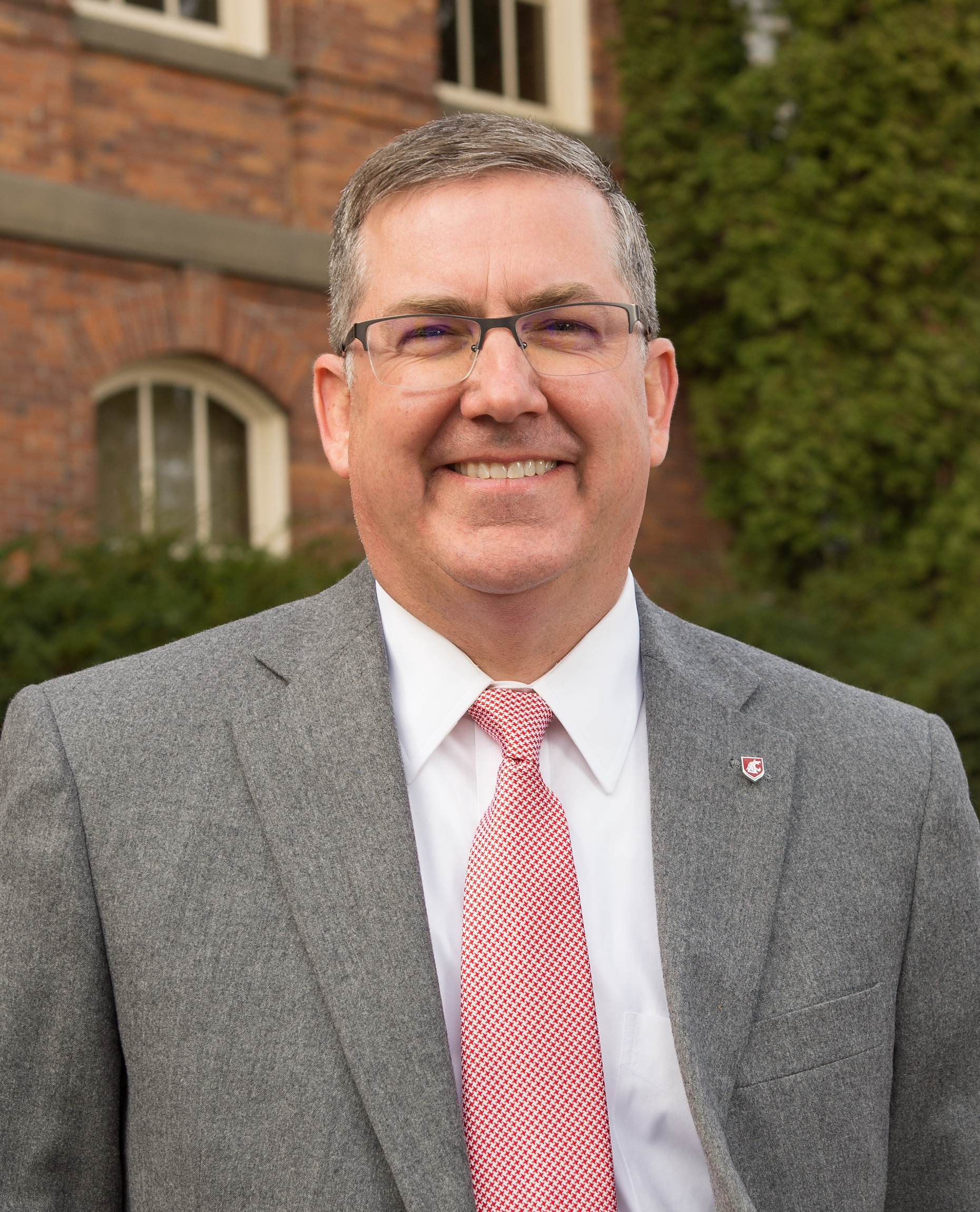 Kirk A. Schulz, PhD, President of Washington State University 2016-2025"With the support of ARCS Foundation, we have been able to provide assistance to some of our most talented doctoral students, allowing them to focus on the important challenges before them."
Kirk A. Schulz, PhD, President of Washington State University 2016-2025"With the support of ARCS Foundation, we have been able to provide assistance to some of our most talented doctoral students, allowing them to focus on the important challenges before them." -
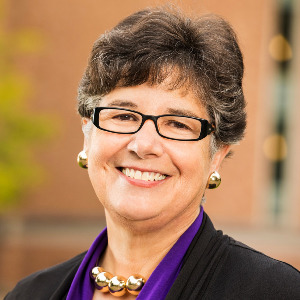 Ana Mari Cauce, PhD, President of University of Washington 2015-2025"ARCS Foundation is a vital partner of the University of Washington as we seek to recruit the very best graduate students in the sciences and engineering."
Ana Mari Cauce, PhD, President of University of Washington 2015-2025"ARCS Foundation is a vital partner of the University of Washington as we seek to recruit the very best graduate students in the sciences and engineering." -
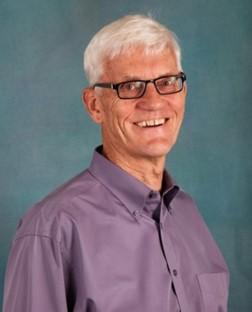 Lee Huntsman, PhD, UW President Emeritus, Professor Emeritus"The evidence is clear; ARCS Foundation and its mission, energy, and principles have led to a record of outstanding stewardship. ARCS Scholar Award donations are used very wisely and with high impact."
Lee Huntsman, PhD, UW President Emeritus, Professor Emeritus"The evidence is clear; ARCS Foundation and its mission, energy, and principles have led to a record of outstanding stewardship. ARCS Scholar Award donations are used very wisely and with high impact."
Send Us Your News
We’d love to know where your work has taken you.
Please EMAIL us with your latest news!
Genetic Engineering & Biotechnology News
Genetic Engineering & Biotechnology News published an article on Dr. David Baker's Nobel Prize one-year anniversary, which fell on the night of his keynote address to our 2025 Fundraising Event.
SEATTLE—“Proteins are these beautiful and strange mysteries of nature,” described Nobel Laureate, David Baker, PhD, to an audience of fundraiser donors at the Amazon Meeting Center in downtown Seattle. “For many years, the only proteins we knew were the proteins that were found in nature. In the last 10 years, we’ve figured out how to design new proteins to solve the problems that are facing humanity today.”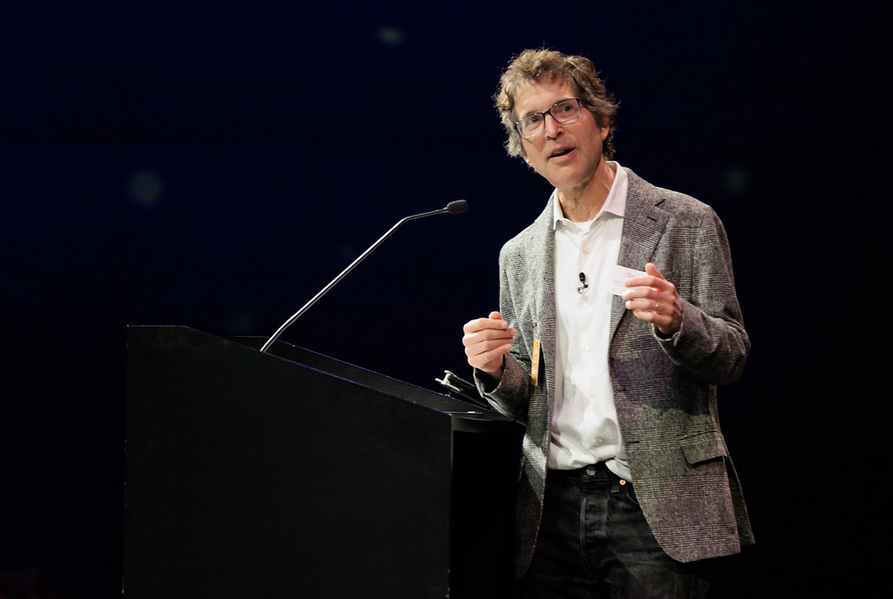
April 2025
ARCS Scholar named to UW Husky 100
Congratulations to Ryan Carlson MD/PhD, Genome Sciences, 2018-2021 Althea Stroum ARCS Endowment Fellow (28th) announced as one of this year’s University of Washington Husky 100. For the past 10 years, this program has recognized the outstanding work and achievements of students on all three University of Washington campuses who are making the most of their Husky Experience.The Husky 100 include undergraduate, graduate and professional students who have founded start-ups, created artwork, served as mentors, conducted research and volunteered for nonprofits. They work on our campuses, in our communities and for local businesses. They are leaders and innovators. The one thing they share is that they actively connect what happens inside and outside of the classroom and apply what they learn to make a difference. Through their coursework, research, volunteer and leadership efforts, internships and jobs, they have created their own unique Husky Experience.
February 6, 2025
Whale poop contains iron that may have helped fertilize past oceans
Hannah Hickey
UW News
A blue whale photographed in September 2010.NOAA
“We made novel measurements of whale feces to assess how important whales are to recycling important nutrients for phytoplankton,” said first author Patrick Monreal, a UW doctoral student in oceanography. “Our analysis suggests that the decimation of baleen whale populations from historical whaling could have had larger biogeochemical implications for the Southern Ocean, an area crucially important to global carbon cycling.” Patrick Monreal 2022-2025 ARCS Scholar Oceanography University of Washington Fairway Fund ARCS Endowment (8th)
Click here to read the full article...January 3, 2025
The carbon in our bodies probably left the galaxy and came back on cosmic ‘conveyor belt’
James Urton
UW News
An image of a dense, star-rich portion of our galaxy, the Milky Way, taken by the Hubble Space Telescope.NASA/ESA/Hubble Heritage Team
“Think of the circumgalactic medium as a giant train station: It is constantly pushing material out and pulling it back in,” said team member Samantha Garza, a University of Washington doctoral candidate. “The heavy elements that stars make get pushed out of their host galaxy and into the circumgalactic medium through their explosive supernovae deaths, where they can eventually get pulled back in and continue the cycle of star and planet formation.” Sam Garza, 2021-2024 ARCS Scholar Astronomy, University of Washington, Nancy P. & Douglas E. Norberg ARCS Endowment (5th)
Garza is lead author on a paper describing these findings that was published Dec. 27 in the Astrophysical Journal Letters. Click here to read the full article...
July 5, 2023
Research led by UW undergrad shows ultrafine air pollution reflects Seattle's redlining history
Alden Woods
UW News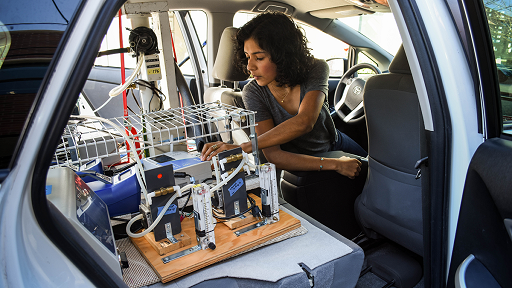
DEOHS student Magali Blanco, a co-author of the ultrafine particle study, checks mobile monitoring equipment used to gather air samples in the Seattle area. Photo: Sarah Fish.
Despite their invisibly small size, ultrafine particles have become a massive concern for air pollution experts. These tiny pollutants — typically spread through wildfire smoke, vehicle exhaust, industrial emissions and airplane fumes — can bypass some of the body’s built-in defenses, carrying toxins to every organ or burrowing deep in the lungs.
New research from the University of Washington found that those effects aren’t felt equitably in Seattle. The most comprehensive study yet of long-term ultrafine particle exposure found that concentrations of this tiny pollutant reflect the city’s decades-old racial and economic divides...CLICK HERE FOR FULL ARTICLE
UW School of Aquatic & Fishery Science
MAR 27, 2023 / RESEARCH, SAFS NEWS, STUDENT SPOTLIGHT, PUBLICATIONS, IN THE NEWS
On the ice and from the air: combining Indigenous Knowledge and multidisciplinary science to investigate Alaska’s ringed seals
In the Arctic, where temperatures are rising at nearly four times the global average, a collaborative effort, combining Indigenous Knowledge with multidisciplinary science has been used to investigate the denning habitat selection of Alaska’s ringed seals...
November 4, 2022
There were plenty of options for Kyra Parker (’21 Neuroscience) when she was deciding where to go to graduate school, but the decision was made considerably easier by having had the opportunity to assist in groundbreaking research as an undergraduate at Washington State University....
Want to Hear From You! The Seattle Chapter encourages all scholars to keep in touch after graduation. As your career path unfolds, we want to know how you’re doing, what you’re doing, and where you’re doing it. We’re proud of all of you and know you’re destined for great things. We want to hear all about it! Please email us or join us on our Facebook page!
-
